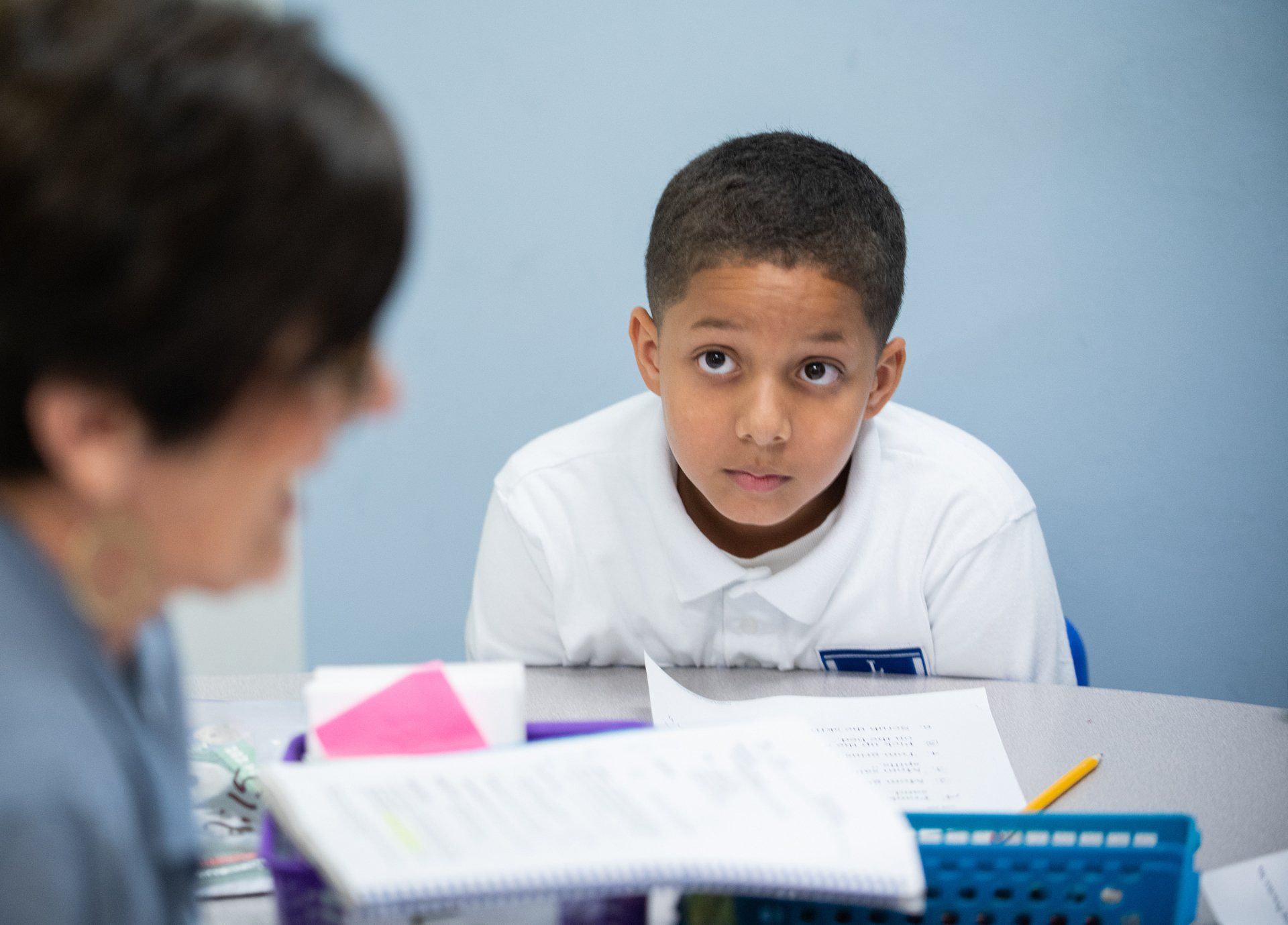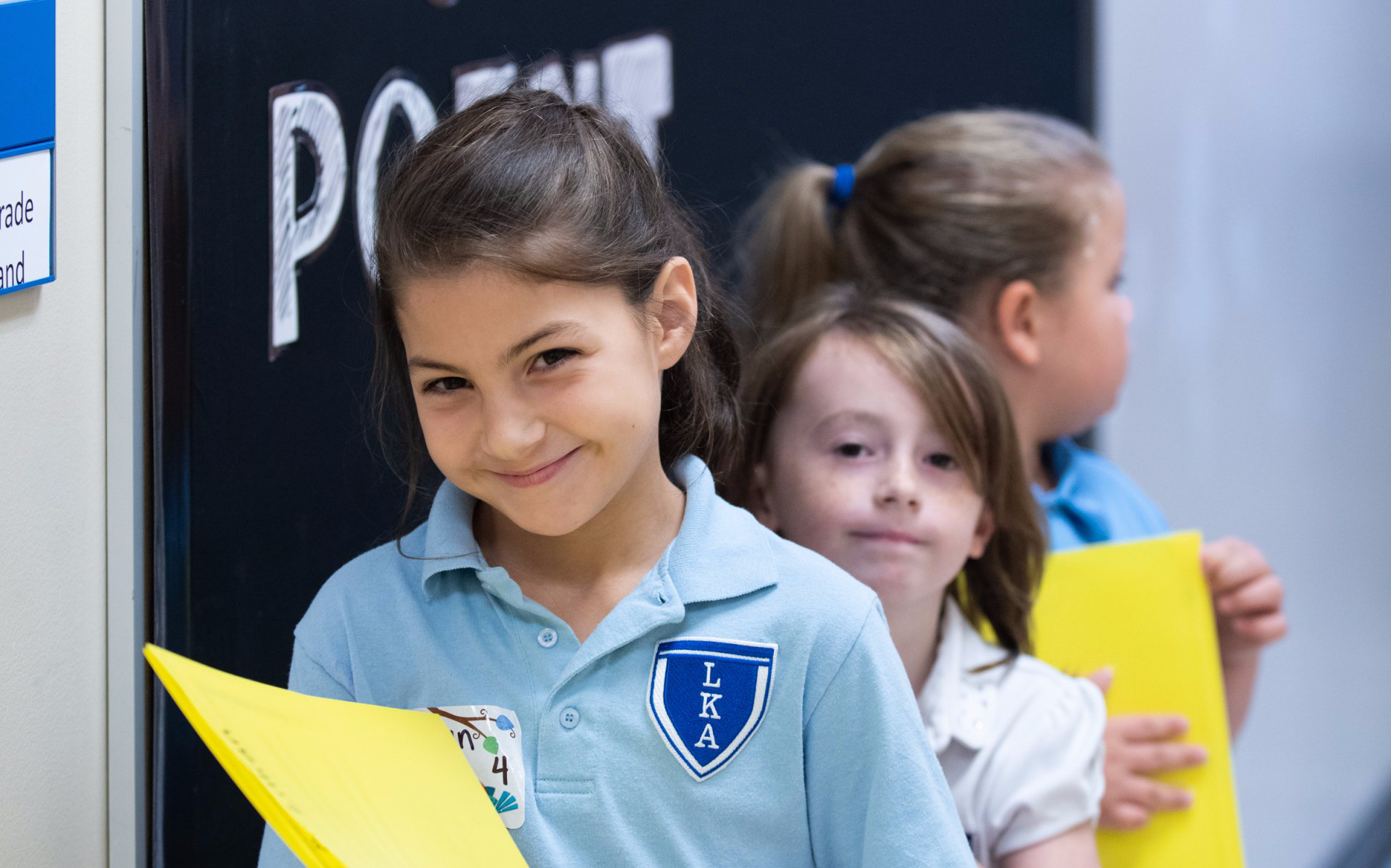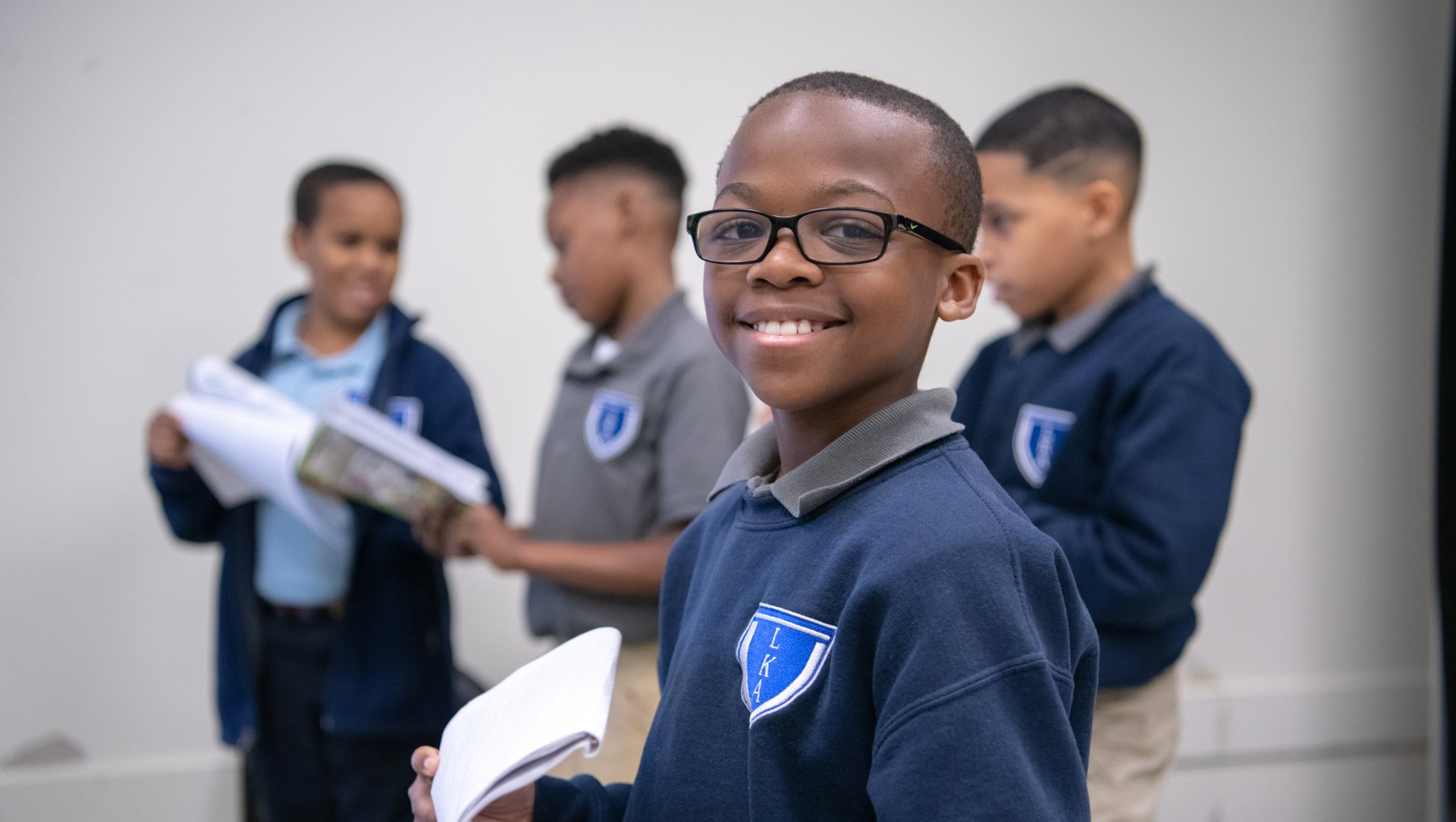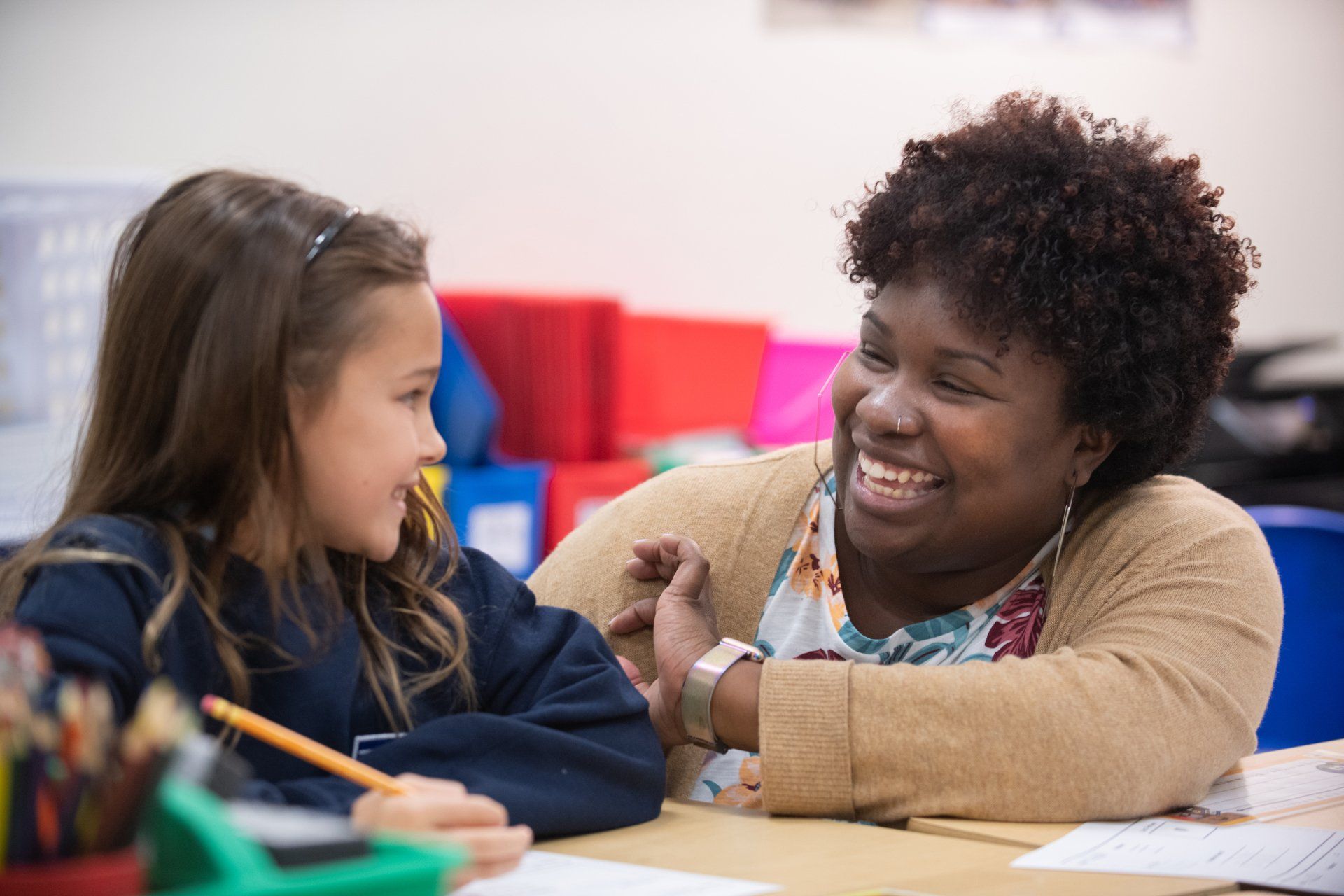Is your Dyslexia Tutor doing enough?
5 Things your Dyslexia Tutor Should be Doing

1.You want someone who understands dyslexia and understands a child’s strengths and their weaknesses. Teaching them to read and write can be hard so a tutor must let them show off their strengths. It might be a sport, art, music, or loving their pet. Reaffirm constantly. Be patient.
2.A child must learn they need to pull words apart and connect the written text with the sounds of spoken language. The tutor should understand that dyslexic children can have difficulty with word retrieval, especially if anxious.
3.Your child needs more than an Orton-Gillingham lesson/tutor. These lessons are good but these alone will not suffice. Your child needs to read books that are of interest and that are grade appropriate out loud with the tutor. Gentle correction from a trusted tutor is important. The tutor should encourage the student to talk about the story after a few pages or a chapter, discuss the vocabulary, and relate it to the child’s interests. Maybe they can write about the story together. Let the child dream about the story and hopefully understand the treasure of reading a book.
4.The tutor needs to understand that dyslexics often have difficulty in math. Math has language too. It is not a separate process. Spelling is difficult for dyslexics but reading out loud will help. Tutors should not give spelling tests or spend precious time on spelling.
5.The tutor needs to see your child several times a week for an hour or ninety minutes. Good tutors know dyslexics often have ADD/ADHD and can tutor a child that wiggles or wonders. A good tutor loves and laughs and understands the tremendous potential of your dyslexic child.
Live in the Baton Rouge area? Check out the Dyslexia Resource Centerfor tutors and more services for parents and educators.

